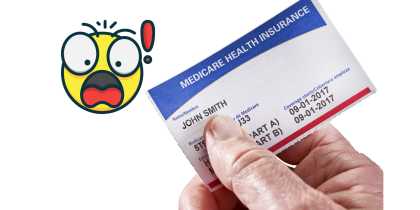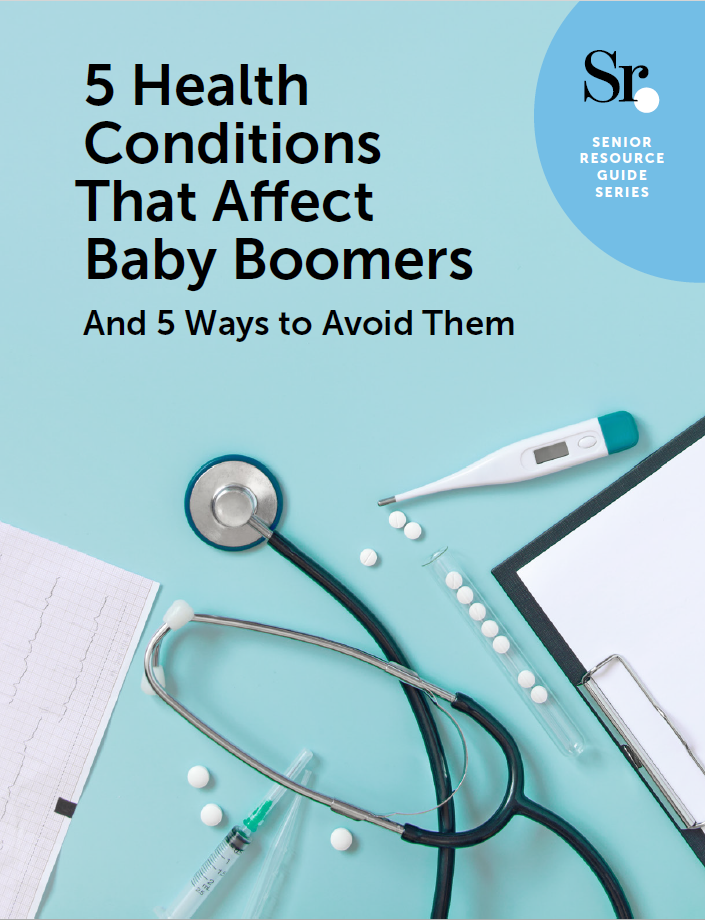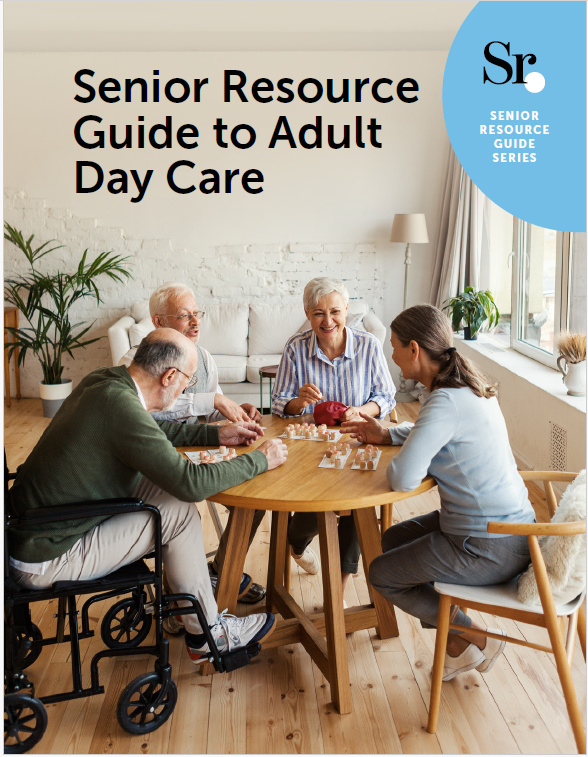Does Medicare Cover Dental?
If you’re on Medicare or turning sixty-five soon, you may be wondering if it covers dental services. Dental care is crucial to overall health, but unfortunately, it can be costly. In 2023, the average cost of a simple cleaning is between $75 to $200! Coverage can certainly make dental care more affordable. But does Medicare cover dental services? Here’s what you need to know.
Does Medicare Cover Dental?
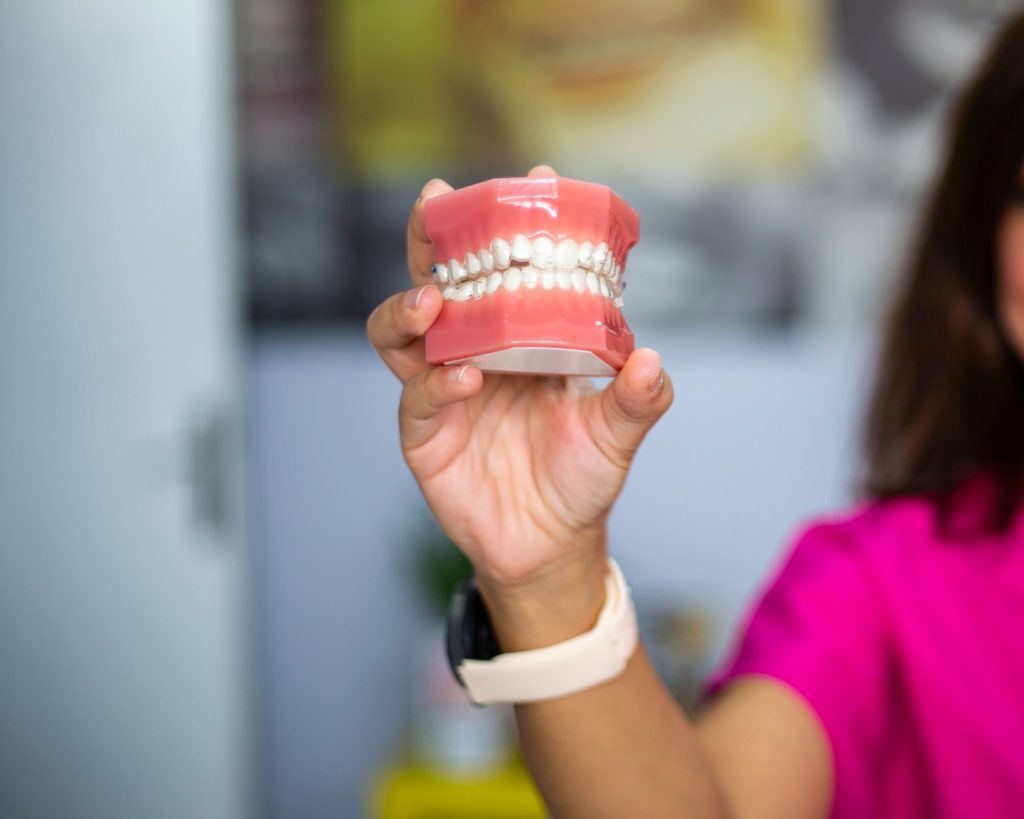
The short answer is that Medicare’s coverage for dental services is limited. According to the Centers for Medicare & Medicaid Services (CMS), Medicare will pay for certain dental services if they are clinically necessary. Original Medicare (Parts A and B) doesn’t cover most dental care services. This includes routine checkups, cleanings, fillings, dentures, tooth extractions, and most other dental procedures. However, there are a few limited exceptions to this rule.
- Original Medicare may cover dental services that are closely related to other covered medical services. For example, Medicare may cover an oral examination before a kidney transplant or an oral examination before a heart valve replacement.
- Original Medicare may cover dental care that is necessary to protect your overall health. For example, Medicare may cover dental care if you have certain jaw-related diseases, such as oral cancer.
Are There Specific Medicare Dental Plans?

Unfortunately, there are no specific Medicare dental plans to purchase. While some may find this surprising, about half of Medicare beneficiaries do not have dental coverage. As previously stated, coverage under Medicare is usually limited to specific medically related circumstances. However, if f you need dental care, you have a few options:
- You can purchase a Medicare Supplement plan, also known as Medigap. These plans are sold by private insurance companies and can help to pay for out-of-pocket costs that Original Medicare doesn’t cover, including some dental care services.
- You can purchase a stand-alone dental insurance plan. These plans are also sold by private insurance companies and can cover a wide range of dental care services. The availability of these plans varies depending on where you live, so it’s crucial to research your options thoroughly!
- You can pay for your dental care out of pocket.
- You can purchase discount dental plans and dental savings plans. Some of these plans offer discounts on dental services in exchange for a yearly membership fee. For example, Humana offers a Dental Savings Plus plan that may help you save money on dental care services.
A Summary of Medicare Dental Coverage
| Type of dental care | Original Medicare coverage | Medicare Supplement plan coverage | Stand-alone dental insurance plan coverage |
|---|---|---|---|
| Routine checkups and cleanings | No | May vary depending on the plan | Yes |
| Fillings | No | May vary depending on the plan | Yes |
| Dentures | No | May vary depending on the plan | Yes |
| Tooth extractions | No | May vary depending on the plan | Yes |
| Other dental procedures | May be covered if closely related to another covered medical service or necessary to protect your overall health | May be covered depending on the plan | Yes |
Why Is Dental Care Important?
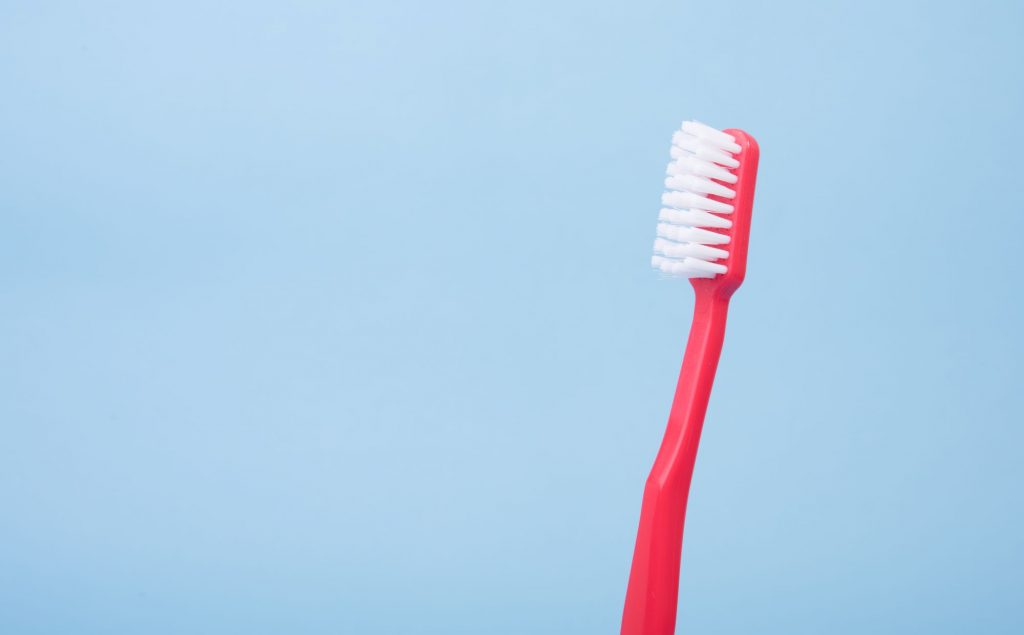
Dental care is a key component of preventative care. Maintaining your oral health can contribute to your overall health and well-being! In fact, our oral health is tied to so many simple human experiences—smiling, speaking, and expressing ourselves. Without proper oral hygiene, you run the risk of developing serious oral infections and even diseases. Some of the most common oral diseases include:
- Cavities: Also known as tooth decay, this is the most common chronic infectious disease of children, adults, and the elderly. In fact, more than 80 percent of people have experienced at least one cavity by the age of 34! Cavities are caused by bacteria that produce acid that destroys tooth enamel.
- Periodontal disease: Periodontal disease, or gum disease, is an inflammation of the gums that damages the soft tissue and bone that support your teeth. If left untreated, gum disease can lead to tooth loss. While common, it’s also preventable!
- Oral cancer: This is cancer that begins in the mouth. It can affect the lips, tongue, gums, cheeks, throat, and salivary glands. Unfortunately, age puts you at further risk for developing oral cancer. Additionally, smokers or heavy drinkers may also be at an increased risk for this type of cancer.
Ten Tips for Healthy Teeth and Gums!
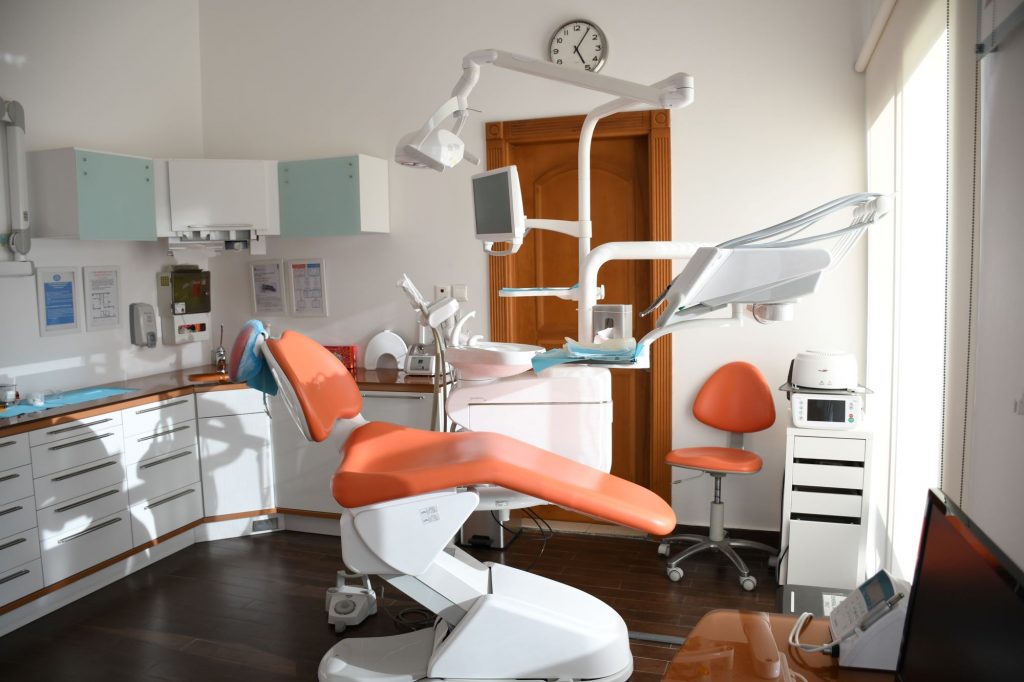
While preventative dental care is important, there are other ways you can protect your smile! Here are ten tips for healthy teeth and gums.
1. Avoid smoking, alcohol, and chewing tobacco.
Did you know that over 16 million Americans live every day with a disease caused by smoking? Additionally, excessive alcohol use can also lead to chronic disease and serious health problems. Of course, our teeth are not immune to the effects of alcohol and tobacco. Not only does smoking stain your teeth, but it also weakens the gums and puts you at greater risk for oral cancer. Plus, it gives you bad breath. Not to be outdone, alcohol is high in sugar and can damage your enamel. Sadly, oral cancers are six times more common in drinkers than in non-drinkers.
2. Brush your teeth at least twice a day.
The American Dental Association recommends that you brush your teeth twice a day with fluoride toothpaste for at least twice minutes per session. The importance of brushing our teeth cannot be overstated! This practice helps to remove plaque, which is a sticky white film full of bacteria. Within this bacteria is an acid that attacks our enamel and, over time, even breaks it down. According to Mayo Clinic, you shouldn’t brush your teeth immediately after eating or drinking. Instead, wait an hour to brush. Make sure you’re doing that at least twice a day! Also, be mindful that you’re not using too much pressure when you brush. Be kind to your gums!
3. Floss your teeth once a day.
Ahh, flossing. The often overlooked cousin of brushing. However, flossing is equally important. You might even say it’s the sidekick of brushing. Dental floss is designed to reach all those nooks and crannies where plaque loves to hide out. If you let plaque rent space in your mouth, it can lead to cavities and even more serious oral conditions. So, make sure you’re flossing your teeth every day. It’s an important tool in your fight to keep your teeth and gums healthy and happy!
4. Avoid sugary foods and drinks.
If you’re a candy lover or soda addict, I’ve got bad news for you. Sugar puts you at an increased risk for cavities. Unfortunately, it’s found in a lot of the tastiest foods we all love. While it’s okay to enjoy candy and other sweets in moderation, limit your consumption of those things. Your stomach might not be too happy, but your teeth will thank you!
5. Drink a lot of water.
Water is great for our overall health and well-being, and that applies to our oral health! Not only does water freshen our breath, but it also prevents dry mouth and rinses away food particles. Additionally, it helps with saliva production. So, if you want to avoid making an emergency trip to the dentist, start drinking more water. Try drinking a big glass first thing in the morning and make sure you’re sipping water throughout the day. This will boost your mood and make you healthier and happier!
6. Eat a healthy diet.
Eating a healthy diet is important for your waistline and heart health, but it can also keep your gums and teeth nice and healthy, too. Fruits and vegetables are great for your teeth, keeping them fresh and clean. Meanwhile, dairy products, like cheese, milk, and yogurt, can actually fortify your enamel! Green and black teas also can keep plaque at bay. If you need some healthy eating tips, click HERE for further information.
7. Schedule routine dentist appointments.
Preventative care is often the best care! Make sure you schedule regular dentist appointments and exams. Have six-month teeth cleanings. If you notice inflammation or soreness in your mouth, don’t try out home remedies. Have a dentist take a look and figure out a solution. Don’t ever take your dental health lightly!
8. Change your toothbrush regularly.
It’s important to replace your toothbrush every three to four months. Frayed or worn-out bristles simply cannot remove plaque effectively, meaning that you might still have some nasty bacteria in your teeth. Alternatively, you can consider using an electric toothbrush with replacement heads. Whatever the case, make sure your toothbrush is in top form so your teeth will be!
9. Use mouthwash.
We’ve all gargled with mouthwash before trying to make a good impression on someone. However, regularly using mouthwash can kill the bacteria that cause cavities. Dentists recommend using mouthwash for thirty seconds to a minute for the most effective deep cleaning. However, it’s important to note that when it comes to mouthwash, too much of a good thing is a bad thing. You shouldn’t use mouthwash more than once a day and should discontinue use if you notice any sores or inflammation.
10. Brush your tongue.
If you brush your teeth but neglect your tongue, you may be letting plaque languish in your mouth! Of course, this can lead to both bad breath and oral diseases. Make sure that every time you pick up a toothbrush, you take a little time to clean your tongue. Gently scrape the bristles along your tongue and banish all that plaque. Not only will you have even better breath, but you’ll also have even healthier teeth and gums!
Bottom Line

While Medicare provides a wide range of health coverage, coverage is limited when it comes to dental care. Understanding your options and the extent of Medicare’s coverage can help you make informed decisions about your dental care and overall health.
If you’re still looking for more Medicare articles, check out these next:
- How to Choose a Medicare Advantage Plan
- Key Updates Coming to Medicare in 2024
- 5 Things Medicare Does NOT Cover
- Top 8 Best Medicare Supplement Insurance Companies in 2023
- Acupuncture: Does It Work and Is It Covered by Medicare?

Popular Articles About Dental Care, and Medicare
Originally published November 27, 2023




